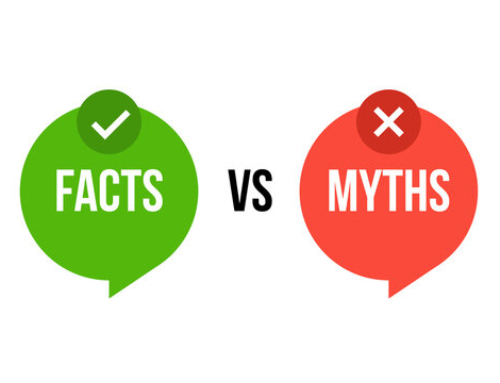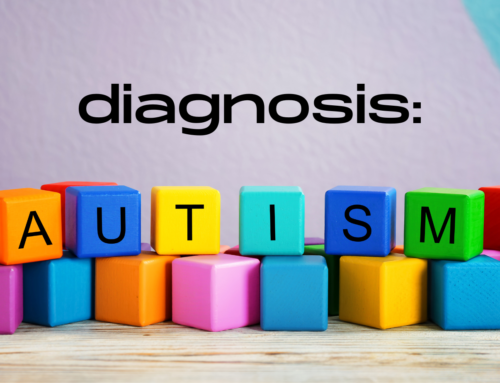Many kids with autism are prescribed mood-altering drugs, sometimes several at once for long periods of time, according to a new study.
So-called psychotropic drugs include antipsychotics like Haldol and Thorazine as well as antidepressants, anti-anxiety medications and stimulants like Adderall.
Those drugs alter people’s mood or behavior. Many have not been proven effective for treating autism.
“I was surprised at how extensively psychotropic medications are used in children, even very young children, and how often children are receiving more than one at a time without research showing effectiveness or safety of (that practice),” senior author Dr. Anjali Jain said.
The drugs are often prescribed for kids feeling anxious, throwing tantrums or being irritable or aggressive, said Jain. She is a researcher at The Lewin Group, a health policy research and consulting firm in Falls Church, Virginia.
Researchers don’t know for sure that the drugs are prescribed too often, she said. But any use by kids with autism could be too much since no one is positive the medicines are working, she added.
For their study, Jain and her coauthors looked at insurance data from 2001 to 2009 for more than 33,000 children with autism spectrum disorders.
Of those, 64 percent had filled a prescription for a mood-altering medication and 35 percent appeared to be taking drugs from two or more classes – such as a stimulant and an antidepressant – at the same time. Fifteen percent filled prescriptions for drugs from three or more classes at once.
Many kids taking more than one drug at once did so for over a year, the researchers wrote in Pediatrics.
Children who also had attention-deficit disorders, anxiety, bipolar disorder or seizures were more likely to be taking mood-altering drugs than those who only had autism.
Possible side effects of the medications include headaches, sleeping and appetite problems and “a Parkinson’s-like movement disorder,” Jain told Reuters Health.
“And some of these medications can themselves cause symptoms like anxiety and agitation that mimic a psychiatric disorder potentially leading to even more medication use,” she said.
Since many children with autism are particularly sensitive to sounds and textures, they could be sensitive to powerful medications as well. Plus, children with autism are likely less able to tell adults how drugs make them feel physically and emotionally.
Read the whole story at Reuters.com






